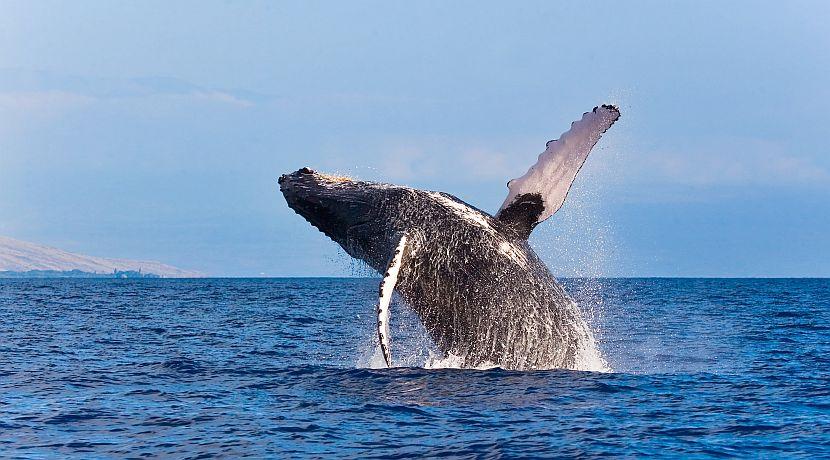Whales are some of the most instantly recognisable animal’s in the world, but because these giants live below the waves we do not know much about them! Here are our top 5 Whale facts to help shed some light on these ocean giants.
Types of Whales
All in there are 78 types of Whales which have been discovered, and as that list is an extremely long one we are only going to introduce you to the types of Whales you will find at our project site in the Azores! Just off the coast of Portugal you will manage to find Blue Whales, Fin Whales, Sei Whales, Sperm Whales and Pilot Whales if you look hard enough!

What do Whales eat?
Whale’s diets vary from those who are omnivores, through to the carnivorous members of the species. Sperm Whales are omnivores, getting their nutrition from both plants and meat, whilst Fin Whales, Blue Whales, Sei Whales, and Pilot Whales are all carnivorous; their diets consisting of mainly krill and fish.
How long do Whales live?
The lifespans of the Whales vary quite dramatically. The animal with the lowest lifespan of the aforementioned Whales is the Pilot Whale who only lives for 35-40 years for the males, and around 60 years for the females. Sei Whales can live slightly longer up to around 50 years, Sperm Whales reach around 70 years of age and both the Fin and Blue Whales can live for up to 90 years!

World’s biggest brain!
With a head that makes up a third of its body, the Sperm Whale also has the largest brain of any creature in the animal kingdom! The Sperm Whales brain can weigh up to 9kg dwarfing every other animal, especially humans!

Are Whales endangered?
All of the Whales that have been mentioned so far are considered endangered in some way. The Sperm, Sei, Blue and Fin Whales are endangered on the IUCN scale and the Pilot Whale is thought to be threatened. All of these Whales have suffered at the hands of humans and this is why Whale Conservation Projects such as the one we provide in Portugal are crucial to the survival of the species.














